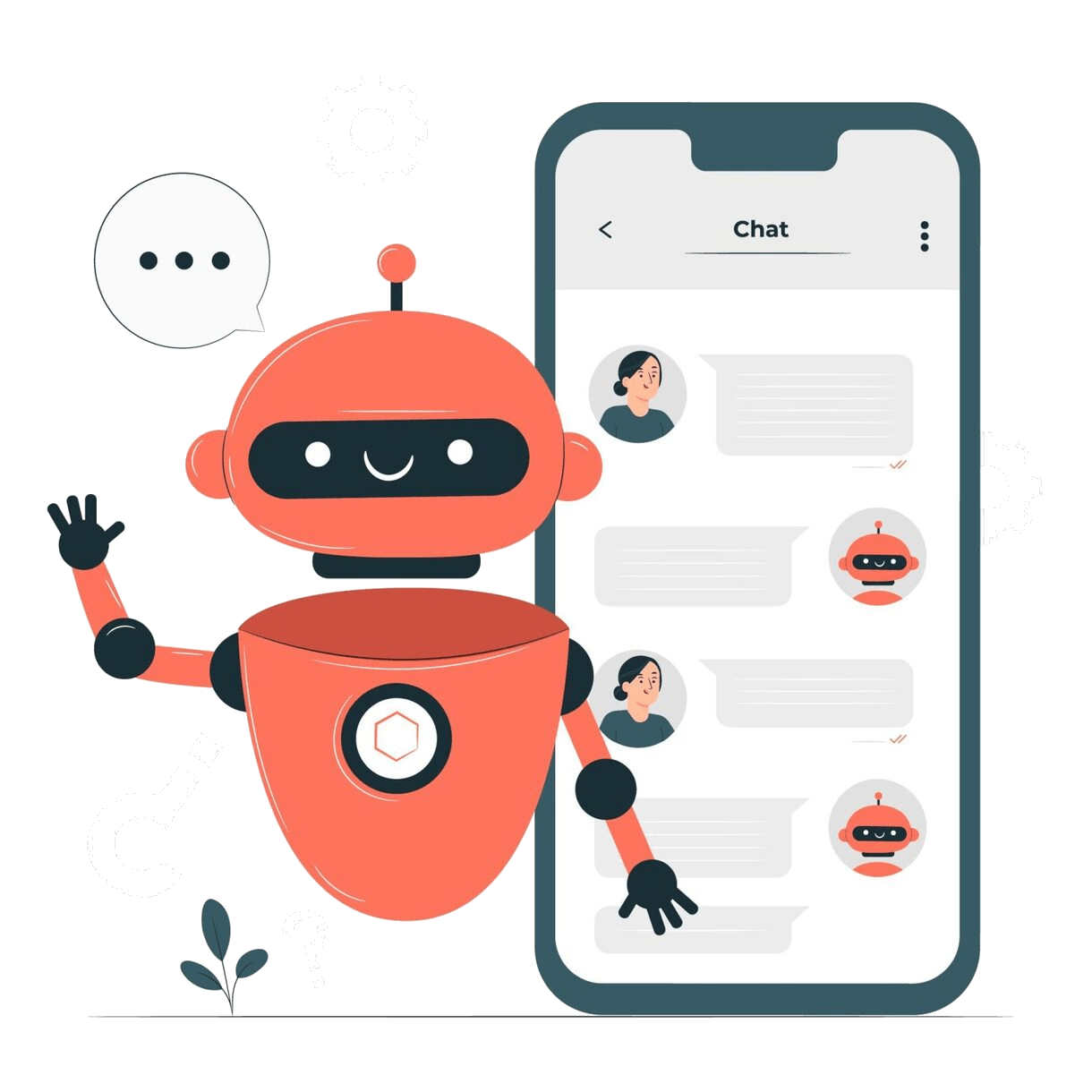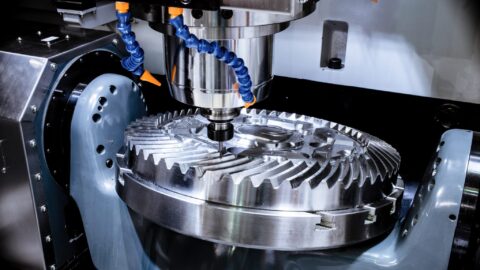How AI and Machine Learning are Revolutionizing Custom Software Development
The use of artificial intelligence (AI) and machine learning is rapidly transforming the custom software development industry. These technologies can effectively work to automate tasks, improve decision-making, and personalize user experiences.
Table of Contents
Automating Tasks
AI and machine learning can automate tasks in custom software development, freeing up human resources to focus on more creative and strategic tasks. This can lead to increased efficiency, improved accuracy, reduced costs, and improved customer experience.
Here are some specific examples of how AI and machine learning can be used to automate tasks in custom software development:
- Chatbots. AI can train chatbots to recognize natural language queries and generate responses that for the individual customer.
- Fraud detection. AI can analyze large amounts of data to identify patterns that are indicative of fraud.
- Recommendation engines. AI can improve the accuracy and personalization of recommendation engines.
As AI and machine learning continue to develop, we can expect to see even more innovative and groundbreaking applications in the future.

Improving Decision-Making
AI and machine learning can improve decision-making by providing businesses with insights that would not be available otherwise. For example, AI can analyze customer data to identify trends and patterns. So that, it can help businesses make better decisions about product development, marketing, and sales. This can help businesses improve their bottom line and stay ahead of the competition.

Personalizing User Experiences
AI and machine learning can personalize user experiences by providing users with content and recommendations. And these suggestions will be custom to their individual interests. For example, AI can recommend products to customers based on their past purchase history or to suggest articles to readers based on their reading habits. This can help businesses keep users engaged and coming back for more.
Enhanced User Interfaces
ML can be used to develop predictive and adaptive user interfaces. These interfaces can anticipate user needs, making software more intuitive and user-friendly.
Quality Assurance and Testing for Custom Software Development
AI and ML improve the efficiency of software testing by automating the detection of bugs and vulnerabilities. This helps ensure the software’s reliability and security.
In industrial and IoT applications, AI-driven predictive maintenance can detect issues in machinery and equipment before they lead to breakdowns, reducing downtime and maintenance costs.
Advanced Data Processing
ML is used to handle and process large datasets, enabling software to analyze and derive valuable insights from vast amounts of information.
Speech and Image Recognition:
AI enables speech and image recognition, let’s examine them. Because they are active in a wide range of applications, from voice assistants to medical image analysis. Hence, these capabilities can significantly enhance software functionality.
AI can detect and prevent fraudulent activities, such as payment fraud in e-commerce or identity theft. This helps protect both businesses and users.
AI can generate content, such as articles, reports, or design elements, which can be particularly useful in content-heavy software or creative applications.
ML algorithms can optimize code for better performance, reduce resource consumption, and enhance the efficiency of software applications.
AI can assist in generating code based on natural language descriptions, making it easier for non-technical stakeholders to contribute to software development.
The Future of Custom Software Development
The use of AI and machine learning is still in its early stages. But it is rapidly growing. As these technologies become more mature, they will become increasingly important in custom software development. This will lead to the development of more innovative and user-friendly software applications. These can help businesses improve their operations and achieve their goals.
Custom software development is set for exciting and revolutionary improvements in the future. Several significant trends and developments will affect the future of bespoke software development as technology continues to advance and change the digital landscape.
Development Driven by AI:
Custom software development will be heavily influenced by artificial intelligence (AI). Task automation, code optimization, and the ability for developers to construct more intelligent and adaptable software solutions are all benefits of AI-driven tools and platforms.
Platforms with Low-Code and No-Code:
As low-code and no-code platforms advance, even non-technical people will be able to take part in software development. The development process will go more quickly as a result of this democratization.
Blockchain technology will be work into a variety of specialized software solutions. Especially those that deal with data protection, financial services, and supply chain management. Decentralized apps and smart contracts will spread more widely.
Quantum computation
As quantum computing develops, it will transform the creation of bespoke software by allowing the processing of enormous information and the resolution of challenging issues at previously inconceivable rates.
With the rise of edge computing, software may now be processed nearer to the data source. In applications like the Internet of Things and autonomous systems, this will improve real-time data processing and lower latency.
What is an example of custom software?
What is custom dev?
Conclusion on Custom Software Development with AI
AI and machine learning are revolutionizing the custom software development industry. These technologies can automate tasks, improve decision-making, and personalize user experiences. As these technologies continue to develop, we can expect to see even more innovative and groundbreaking applications in the future.
By improving automation, customization, user interfaces, data processing, security, and several other elements of software, AI and ML are transforming the creation of bespoke software. Software that is more effective, user-friendly, and capable of offering creative solutions across a variety of industries and applications is the final result.

Business Developmeny Manager at PAS InfoCom Technologies Ltd. Experienced in project management with a demonstrated history of working in the information technology and services industry.










